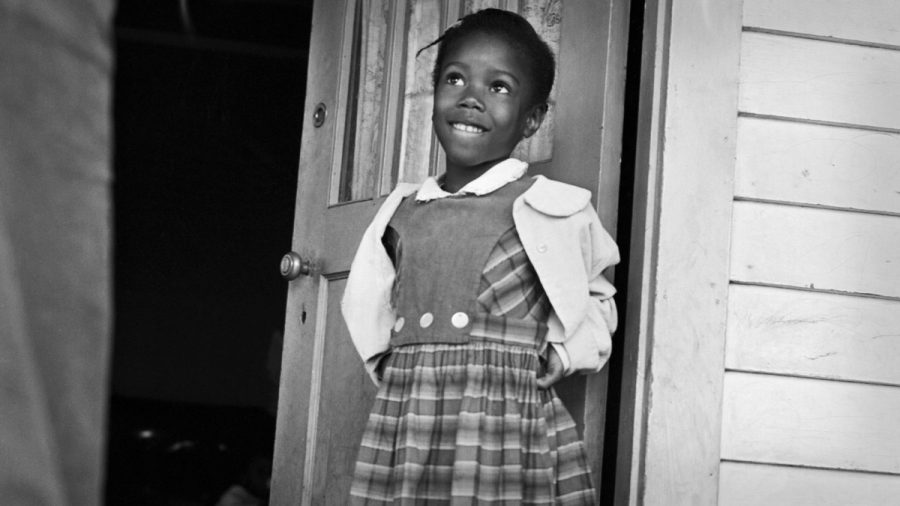Remembering Black History: Ruby Bridges
A tribute to Ruby Bridges’ courageous efforts in honor of Black History Month
Bravery, confidence, and determination are traits that this 6-year old, African-American girl did not lack. Despite the fact that several white northerners yelled, cursed, and hurled obscenities at this young black girl, she remained unfazed. Follow along as this article tells the story of a young girl who admirably rose to the occasion and became one of the first African-American students to attend an all-white school.
On September 8th, 1954, Ruby Bridges was born in Mississippi and moved to New Orleans, Louisiana two years later. In their home, she lived with her five siblings and her parents, Lucille and Abon Bridges. Ruby was born in the same year as the new regulation, abolishing racial segregation in schools, was issued by the United States Supreme Court in Brown v. Board of Education. Nevertheless, many southern schools defied the ban and refused to accept African students; and so in 1959, Ruby attended a segregated school for kindergarten students in New Orleans. Following the federal court’s order to desegregate the schools, the school system gave examinations to African-American students to see who would be eligible to attend the all-white William Frantz school. Ruby and five other pupils passed the test. Her father’s anxiety escalated as he worried about Ruby’s wellbeing, to which her mother protested and encouraged Ruby to attend school and receive a better education.
And so the little girl went with notebook and pencils in hand, guarded by four federal marshals. She marched on as crowds yelled and screamed obscenities and slurs, and sometimes threats. All these horrific insults were targeted at Ruby. However, she held her head high, continued to walk every day to school, and never looked down. This admirable six-year-old African girl never missed a day of school. Despite the neglect and prejudice, she received at school, with white parents taking their children out of school and most teachers rejecting to teach Ruby, she continued on. Barbara Henry was the only instructor who offered to teach her, and Ruby would be taught by her as the sole student in her class. She would spend her days eating lunch alone and either playing alone or with her teacher.
Although many people supported Ruby and her family, the Bridges faced hardships as a result of their bravery. Ruby’s mother was restricted from purchasing food at grocery shops, her father became unemployed, and her grandparents were expelled from the farm they had both lived on for twenty-five years. Complications, however, soon calmed down and more black children were enrolled in the all-white school.
Ruby finally graduated from a racially-integrated high school and has gone on to achieve wonderful things. She has published two books about her childhood experiences and established the Ruby Bridges Foundation in 1999 as she fought for enhanced educational improvements and tolerance to injustices. Ruby demonstrated her strong will in the face of racist words and actions by continually pushing for her desired goals.
Whitney Uche ’25, Staff Writer











